Research
-

Imaging breast cancer cell size
A noninvasive MRI approach assesses breast tumor cell size and could be a useful way to evaluate early response to neoadjuvant therapy. Read MoreFeb 10, 2020
-
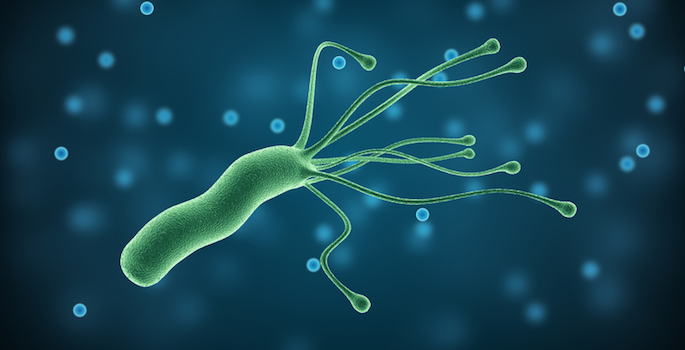
Powering H. pylori pathogenesis
Timothy Cover and colleagues report new insights into the sources of energy used by a bacterial “machine” linked to the pathogenesis of stomach cancer. Read MoreFeb 6, 2020
-

Antibody mixture may help block Ebola virus infection
A research team led by scientists at Vanderbilt University Medical Center has developed an antibody mixture that in animals is highly effective in blocking infection by the Ebola virus. Read MoreFeb 6, 2020
-

Conn, Calipari to receive major pharmacology awards
Two Vanderbilt University pharmacologists have won prestigious awards from the American Society for Pharmacology and Experimental Therapeutics (ASPET). Read MoreFeb 6, 2020
-

Team tracks integrin’s role in lung function
Beta-1 integrin, a critical component of epithelial extracellular matrix receptors, is essential for normal lung function in adulthood, researchers at VUMC have discovered. Read MoreFeb 6, 2020
-

New tool probes gene regulation
Vanderbilt biochemists got unexpected results when they used their new approach to explore the role of DNA methylation in gene regulation. Read MoreFeb 6, 2020
-

Oguz uses ACCRE supercomputer daily for medical image analysis
For 17 years, Vanderbilt students and researchers have analyzed data with a method much faster than any normal laptop: a supercomputer steps away from the Commons Center. The Advanced Computing Center for Research and Education (ACCRE), which originated in 2003, is housed in the Hill Center. Read MoreJan 30, 2020
-
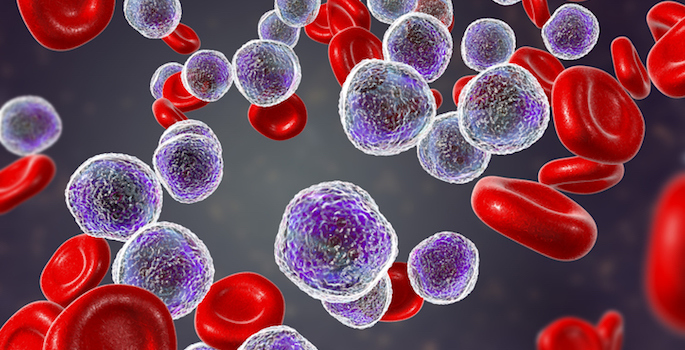
Protein research seeks to induce tumor regression
MYC is a family of three related proteins that are overexpressed in cancer and which contribute to an estimated 100,000 cancer deaths annually in the United States. Understanding how MYC works could lead to the development of new drugs that can effectively block MYC and stop many cancers in their tracks. Read MoreJan 29, 2020
-
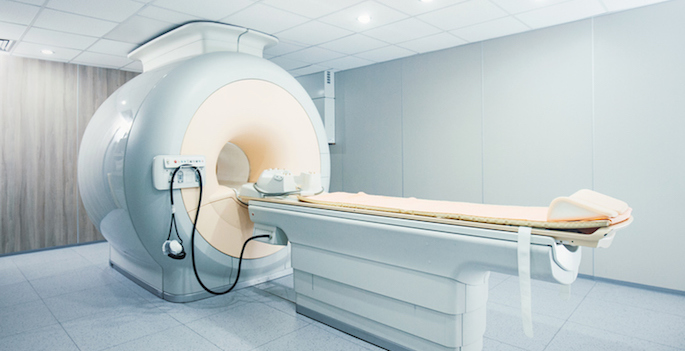
Imaging nerve regeneration
Diffusion MRI may provide a noninvasive approach to assess nerve regeneration and distinguish successful from unsuccessful repairs earlier. Read MoreJan 28, 2020
-

‘Film Detective’ helps kids with autism interpret actors’ actions
Maithilee Kunda and postdoc Roxanne Rashedi have developed a game called Film Detective to help adolescents on the autism spectrum learn to decode social scenarios. Read MoreJan 27, 2020
-
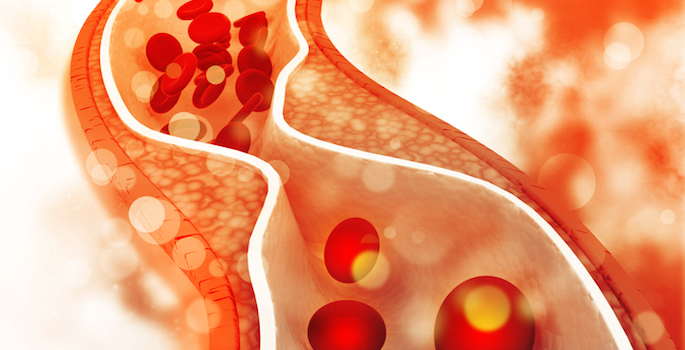
A new contributor to atherosclerosis
Sean Davies and colleagues are exploring lipid aldehydes produced during oxidative stress and their contribution to HDL dysfunction and atherosclerosis. Read MoreJan 27, 2020
-

Insights on diabetic retinopathy
A drug that targets multiple pathogenic steps in diabetic retinopathy may be an ideal therapeutic strategy for the disease, Vanderbilt researchers report. Read MoreJan 23, 2020
-

HDL-cholesterol and breast cancer risk
Genetic analyses suggest that high circulating HDL-cholesterol levels may increase breast cancer risk — a surprising finding since increased HDL-cholesterol is thought to be healthy. Read MoreJan 23, 2020
-
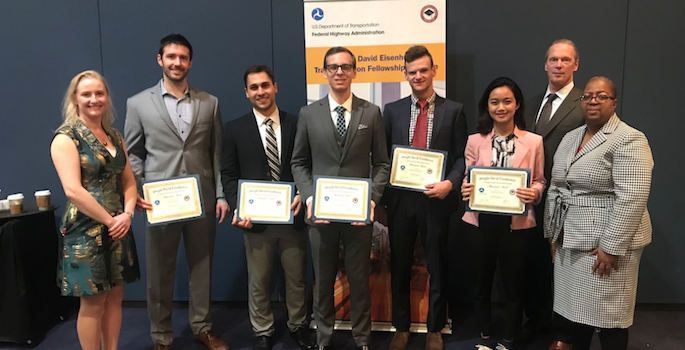
Five graduate students named Eisenhower Fellows
Five engineering Ph.D. students have received prestigious Dwight David Eisenhower Transportation Fellowships and one of them was named the top Eisenhower Fellow in the U.S. Read MoreJan 21, 2020
-

Engineers advance efforts to speed blood test results
Vanderbilt engineers are working on a process that ultimately may allow patients to get blood test results fast. Read MoreJan 13, 2020
-

Vanderbilt-led team discovers new genetic disease and defines underlying mechanism
An international research team has discovered a new genetic syndrome caused by mutation of a single gene and named it CATIFA, an acronym for its core symptoms. Read MoreJan 13, 2020
-

Zinc uptake by a deadly pathogen
The increasingly antibiotic-resistant bacterium Acinetobacter baumannii requires zinc to cause infection, and Vanderbilt researchers have identified the zinc uptake system it uses. Read MoreJan 13, 2020
-

Kidambi receives NSH Early Career Award to support atomically thin membrane research
Piran Kidambi has received a 2020 National Science Foundation Faculty Early Career Development grant. Read MoreJan 10, 2020
-
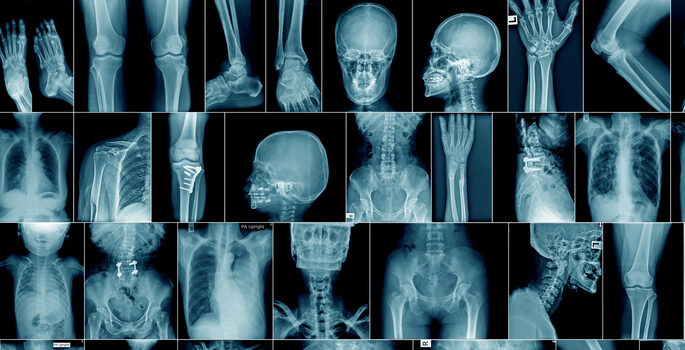
Bone matrix changes during aging
Changes to the bone matrix that occur during aging may point to novel targets for treating osteoporosis. Read MoreJan 10, 2020
-
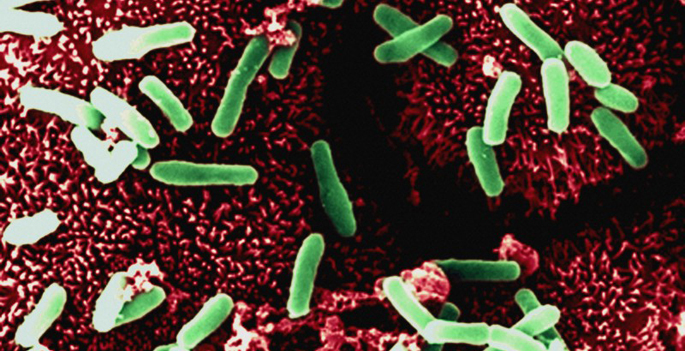
Structural views of a C. diff toxin
D. Borden Lacy and colleagues used cryo-electron microscopy to define the structure of a C. diff toxin, providing a framework for the design of novel therapeutics. Read MoreJan 10, 2020